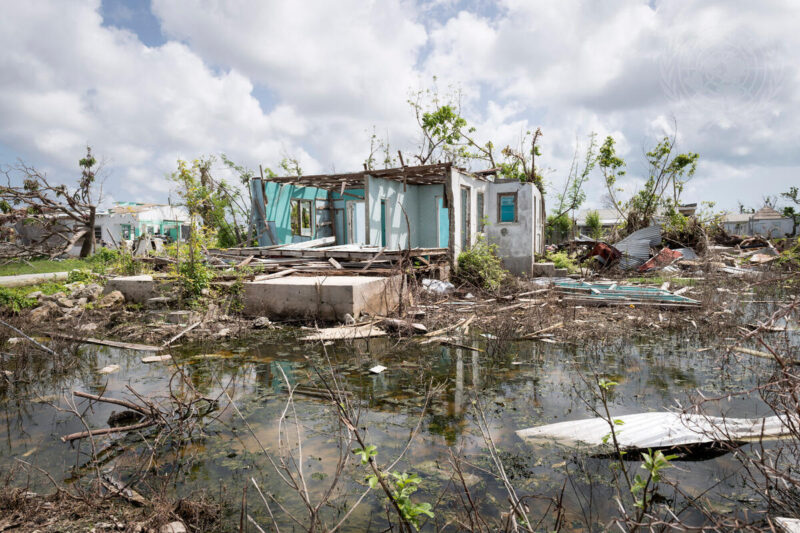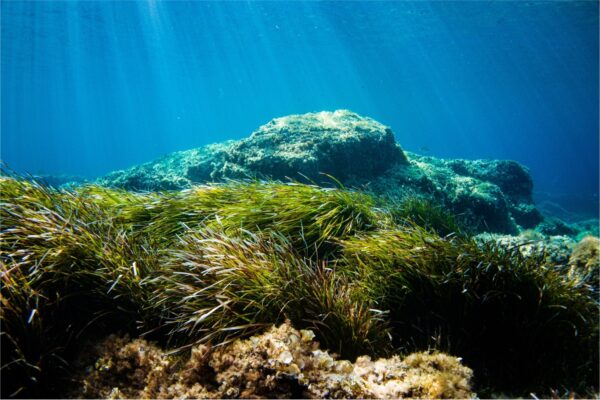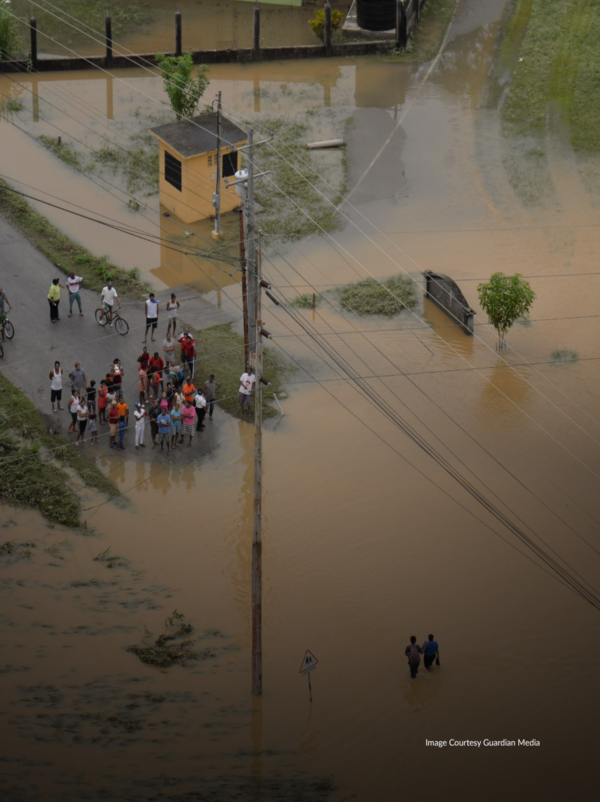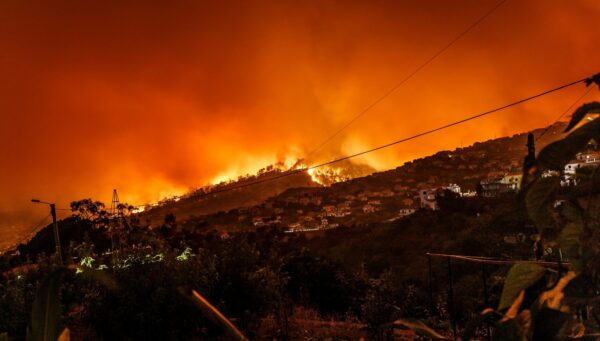A review of loss and damage in the Caribbean (1994 to 2024)
Authors
Arunima Sircar, Adelle Thomas, Olivia Serdeczny and Sasha Jattansingh

Loss and damage from climate change has been the lived reality of Caribbean small island developing states (SIDS) for decades. Despite efforts to adapt, it is reversing development gains, leaving lasting financial stress, and causing irreparable damage, including the loss of cultural heritage.
As the world warms, Caribbean SIDS – recognised for their international leadership on the issue – are facing escalating climate impacts and spiralling costs. Despite their deep experience, the evidence base on loss and damage in the region is fragmented.
This report is the first to provide a systematic overview of how Caribbean countries are framing and reporting on loss and damage through a comprehensive review of national documents submitted to the United Nations Framework Convention (UNFCCC) over the last thirty years.
What emerges is a broad and complex issue that is narrowly represented on the world stage. Generally, loss and damage in the Caribbean is reported as economic costs associated with a climate-related event, mainly hurricanes and floods. Many other climate hazards considered important by SIDS tend to go unreported, as do the impacts of slow onset events such as drought, sea level rise, sargassum blooms or coral bleaching.
National reports and regional studies also mostly focus on the direct costs of extreme events, without accounting for the indirect effects of loss and damage. These include increasing debt burdens and drops in economic output. Also absent from loss and damage assessments in the region are ‘activity costs,’ including reconstruction or rehabilitation.
A major barrier to estimating loss and damage finance needs is the lack of accessible, comparable data. Not all data in national reports are publicly available, and different sectors use different approaches to categorise and quantify loss and damage. Funding further research to build an evidence base on loss and damage in the Caribbean would shed light on current and future financing needs, as a first step to ensuring funds reach those who need it most.
Recommendations for Caribbean SIDS on future loss and damage research priorities include:
- Develop and implement a common regional approach for loss and damage reporting
Using a standard framing and scope for loss and damage assessments and reports under the UNFCCC would make combining and comparing data across the region far easier. - Develop national plans or programmes to address loss and damage
Developing a national approach to addressing loss and damage based on available data could lay the foundation for accessing finance under the UNFCCC. - Estimate the funds you need to address loss and damage
Financial loss and damage estimates could ideally include a costing of national actions and/or planned activities, which in many cases are yet to be determined.
- Report loss and damage finance needs in Biennial Transparency Reports
Provision has been made to report loss and damage experiences and financial needs in these biannual progress reports under the Enhanced Transparency Framework. Explicitly labelling information as loss and damage would help contribute to the evidence base on financial needs. - Tag and track loss and damage in national plans and budgets
Tagging and tracking financial flows would increase transparency on actual loss and damage spending and financial needs. It would also enhance engagement from different stakeholders involved in budgeting and improve accountability in fiscal planning.











